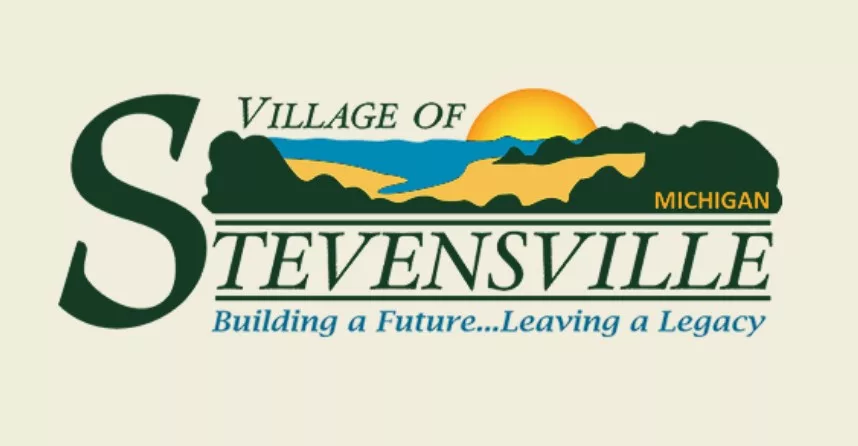A local municipality is embracing a rapidly expanding industry as a way to fund improvement projects.
After a special public hearing Monday, the Village of Stevensville voted 4-1 to approve ordinances allowing up to two recreational cannabis dispensaries at its regular meeting Wednesday. The businesses will be required to operate at least 500 feet from a school or church, and 2,500 feet from each other along Red Arrow Highway in the Village.
Village President David Wenger said Thursday the decision was made primarily due to the need to generate revenue for road repairs, and these businesses offer a way for the village to fund projects. In 2021, Michigan municipalities earned $56,453.44 from the state for each dispensary opened.
Even with the revenue from two marijuana retailers, Wenger said the village will probably have to ask for a millage increase to help fix the roads, according to reporting by The Herald-Palladium.
“It’s not a decision that was just made out of a desire to just have [cannabis] in the village,” Wenger said. “We have a fairly sizable roads project, and when you look at the finances it takes to do that, we definitely need to look at additional sources of revenue.”
Wenger said most of the opposition to the ordinance Monday’s hearing was from residents who believe cannabis is not a good thing. Those in favor, he said, spoke of its medical benefits.
Wenger, however, sees it as a legal product and service that can help the village achieve a goal.
“I don’t want to judge the ethics of that business against any others,” Wenger said. “We’ve been looking at this for months, and we’ve taken into account conversations with Buchanan and Niles and other municipalities. … We didn’t want to be the early adopter. We wanted to see how it flushed out mistakes that could be made and then where things could be improved upon.”
Wenger said the ordinance has dedicated at least the first 10 years of proceed from the businesses going directly to the roads, and have already heard from local business who have received interest from potential cannabis dispensaries.
He added that the village considered allowing for additional cannabis industry businesses like growers and processors, but decided against it because only dispensaries allow for the village to receive the necessary tax revenue.
“We didn’t want to consume the entire village with a grower or processing center,” Wenger said. “We purposefully controlled [the ordinance] to two businesses because we didn’t want to flood a commercial district with [dispensaries.]
Trustee Carl Steinberger was the lone vote against the ordinance.






